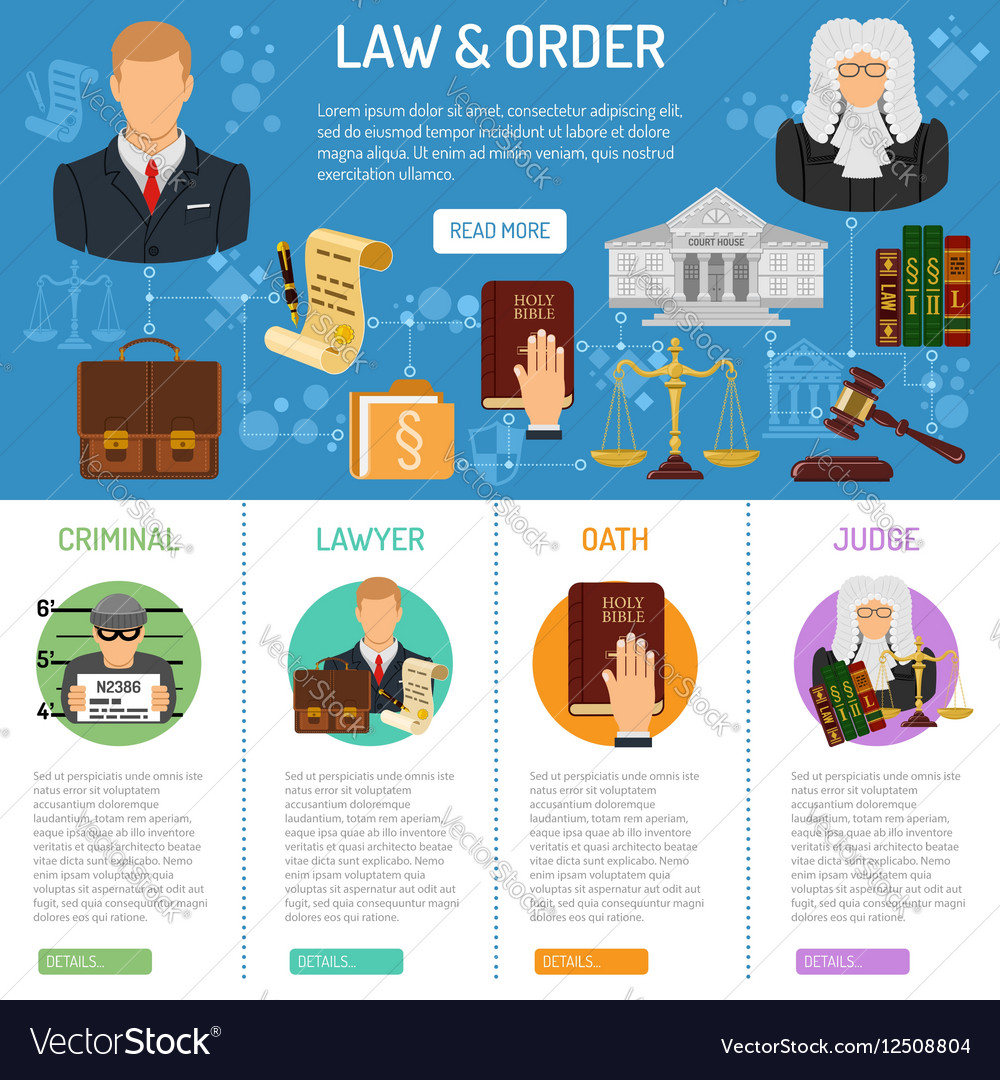Usual Myths Concerning Criminal Protection: Debunking Misconceptions
Usual Myths Concerning Criminal Protection: Debunking Misconceptions
Blog Article
Writer-Kearns Byrd
You've probably heard the myth that if you're charged with a criminal activity, you must be guilty, or that remaining quiet means you're concealing something. These extensive beliefs not just misshape public assumption yet can likewise influence the results of lawful process. It's important to peel back the layers of misconception to understand real nature of criminal protection and the legal rights it safeguards. What if you recognized that these myths could be taking down the really structures of justice? check here up with the conversation and explore how exposing these misconceptions is essential for ensuring fairness in our legal system.
Myth: All Offenders Are Guilty
Typically, people erroneously think that if somebody is charged with a criminal activity, they need to be guilty. You might presume that the lawful system is infallible, but that's much from the fact. Charges can originate from misconceptions, incorrect identifications, or insufficient evidence. best lawyers near me criminal to bear in mind that in the eyes of the legislation, you're innocent until tested guilty.
This presumption of virtue is the bedrock of the criminal justice system. It makes certain that the burden of proof lies with the prosecution, not you. They have to develop past a practical uncertainty that you committed the crime. This high typical protects people from wrongful convictions, ensuring that no person is punished based on presumptions or weak proof.
In addition, being billed doesn't indicate completion of the roadway for you. You deserve to safeguard on your own in court. This is where a knowledgeable defense attorney comes into play. They can test the prosecution's instance, existing counter-evidence, and advocate on your behalf.
The complexity of legal process typically calls for professional navigating to protect your rights and accomplish a fair result.
Myth: Silence Equals Admission
Numerous think that if you choose to remain quiet when accused of a criminal activity, you're essentially admitting guilt. Nevertheless, this couldn't be additionally from the reality. Your right to continue to be silent is protected under the Fifth Amendment to stay clear of self-incrimination. It's a legal safeguard, not a sign of sense of guilt.
When you're silent, you're really exercising an essential right. This stops you from saying something that may accidentally hurt your defense. Bear in mind, in the heat of the minute, it's simple to get baffled or talk inaccurately. Law enforcement can interpret your words in ways you didn't intend.
By staying quiet, you provide your legal representative the very best chance to defend you successfully, without the complication of misunderstood declarations.
In addition, it's the prosecution's task to show you're guilty beyond an affordable question. Your silence can not be used as evidence of regret. In fact, jurors are instructed not to interpret silence as an admission of sense of guilt.
Myth: Public Protectors Are Inefficient
The misconception that public defenders are inadequate continues, yet it's vital to understand their critical duty in the justice system. Many believe that due to the fact that public protectors are commonly overloaded with cases, they can not supply high quality defense. Nonetheless, this neglects the depth of their dedication and expertise.
Public protectors are totally licensed attorneys who've chosen to focus on criminal regulation. They're as certified as personal legal representatives and frequently more seasoned in test work as a result of the quantity of situations they take care of. You might assume they're less determined due to the fact that they don't pick their customers, however in truth, they're deeply devoted to the suitables of justice and equal rights.
It is necessary to keep in mind that all legal representatives, whether public or personal, face difficulties and constraints. Public protectors usually work with fewer resources and under even more pressure. Yet, they constantly demonstrate resilience and creativity in their defense approaches.
Their function isn't just a task; it's a mission to make sure that every person, regardless of income, receives a fair test.
Conclusion
You could assume if somebody's charged, they need to be guilty, however that's not exactly how our system functions. Selecting to remain quiet does not suggest you're admitting anything; it's just clever protection. And don't ignore public protectors; they're dedicated professionals dedicated to justice. Keep in mind, every person is worthy of a reasonable trial and competent representation-- these are basic civil liberties. Let's lose these myths and see the legal system for what it absolutely is: an area where justice is looked for, not just punishment dispensed.
